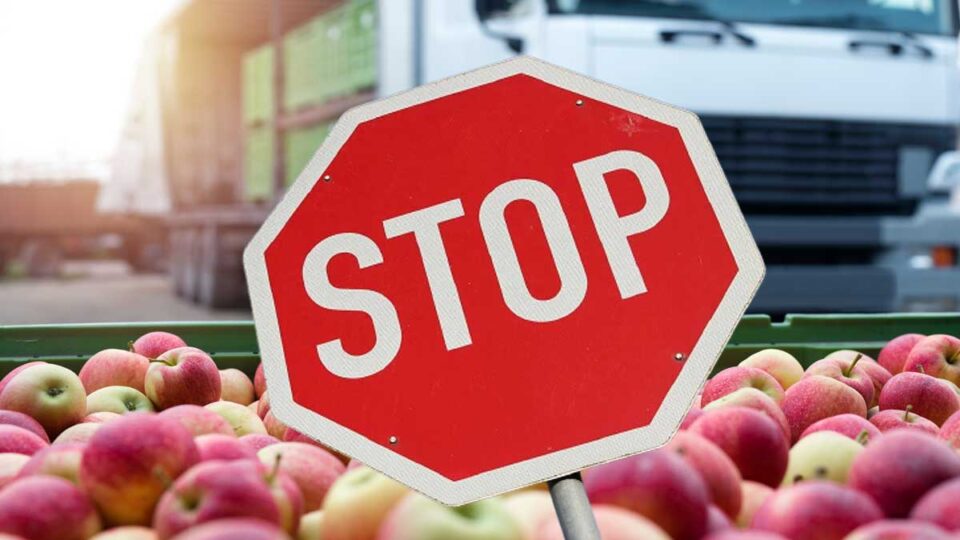According to EastFruit, on January 24, 2024, Polish farmers held a protest against the EU policy in the agricultural sector. One of the main demands was a revision of trade relations and a ban or serious restriction on imports of fruits and vegetables and other agricultural products from Ukraine, Serbia, Moldova, and Turkey. They also protested against the “European Green Deal”, which, according to growers, puts them in unequal conditions with imported produce.
It should be noted that Polish farmers are demanding the same things that farmers in Germany, France and other EU-15 countries demanded when Poland joined the European Union. Farmers in these countries wanted Polish products banned or restricted from their markets and used exactly the same arguments as polish farmers use today. They were very scared of Polish agriculture, just as much as farmers in Poland are presently scared of Ukraine’s agribusiness.
However, history showed us that mutual access to the market was become beneficial for both sides. Indeed, presently Poland imports mostly cheap raw material from Ukraine, and exports products with high added value to Ukraine. In fact, Ukraine is helping Polish agribusiness earn more money, create more jobs and generate more export and tax revenues.
In addition, Polish farmers do not understand that a ban on imports of products from Ukraine, Moldova, Turkey, and Serbia will not lead to an increase in prices for Polish goods. After all, products from these countries will simply enter other markets more actively and displace Polish exports from there.
Read also: Onion prices in Poland record high for this period of year!
A striking example is exports of frozen raspberries from Ukraine to Poland, which is a serious irritant for Polish growers. However, only thanks to imports from Ukraine Poland is able to maintain global leadership in this segment. Moreover, up to US $100 million in value added to Ukrainian raspberries stays in Poland, which does not compete with Polish raspberries at all, but only allows freezers and traders increase the volume and range of exports.
If these imports are banned, the influence of Polish companies on the world raspberry market will sharply decrease, and, at the same time, Ukrainian frozen raspberries will increase the level of competition with Polish frozen raspberries on the markets of other EU countries, as well as the USA and Canada. As a result, the Ukrainian berry industry will receive an additional $100 million in revenue taking it from the Polish raspberry industry. This money will be reinvested in expanding the area and post-harvest handling and sorting capacity to add value to frozen raspberries in Ukraine, which will accelerate Ukraine’s emergence as a global leader in this business segment.
It was also interesting to read the discussions between ordinary Polish citizens and farmers who protested on social media platforms. In particular, conscientious and thoughtful Polish residents asked farmers why the Polish consumer should pay for the inefficiency of the local farmer? They also reminded the growers that they bought their beautiful tractors, with which they came to protest, precisely with subsidies from the European Union, against whose policies they are now protesting.
Ukrainian producers, seeing these protests, believe that their instigators are the Russian money. After all, there were no such massive protests by farmers before the full-scale invasion of Russian armies into Ukraine. At the same time, naive Polish farmers easily succumb to Russian manipulations, despite the fact that Kremlin propagandists directly declare plans to invade Poland after Ukraine.




